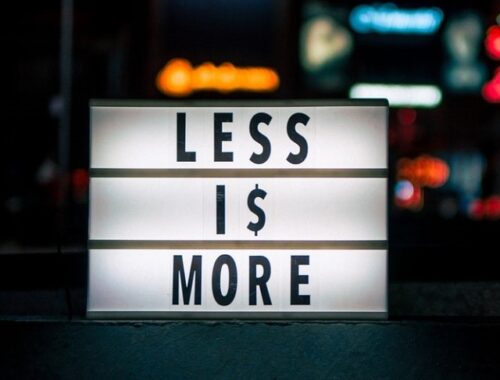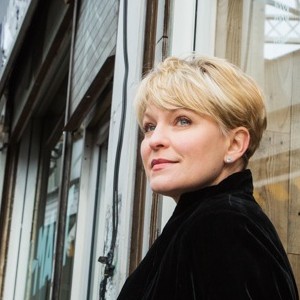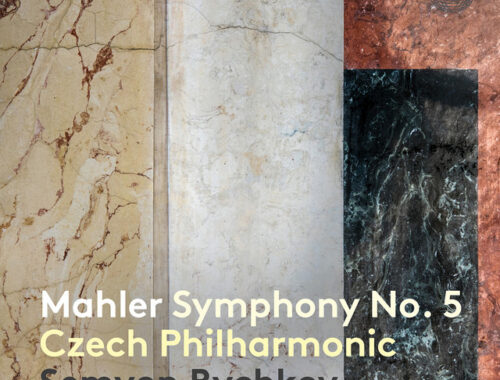GRAMOPHONE: From Where I Sit – March 2020
 A great deal has already been written about Beethoven this year. There will be more. Allow me to add to it. I have a vivid memory – a particular concert that took place on 9 June 1981 at London’s Festival Hall – and my experience of it, and the reaction to it, goes to the very heart of what being a critic is all about. The orchestra was the London Symphony and the conductor was the legendary Carlos Kleiber (in his first ever London concert) replacing the equally legendary but ailing Karl Böhm, the orchestra’s President. Expectation was high. Controversy was the last thing on anyone’s mind.
A great deal has already been written about Beethoven this year. There will be more. Allow me to add to it. I have a vivid memory – a particular concert that took place on 9 June 1981 at London’s Festival Hall – and my experience of it, and the reaction to it, goes to the very heart of what being a critic is all about. The orchestra was the London Symphony and the conductor was the legendary Carlos Kleiber (in his first ever London concert) replacing the equally legendary but ailing Karl Böhm, the orchestra’s President. Expectation was high. Controversy was the last thing on anyone’s mind.
I was sitting in the choir stalls directly behind the orchestra and the programme is indelibly imprinted on my memory: Weber Der Freischutz Overture, Schubert 3, Beethoven 7. The Beethoven has always been my particular favourite of the canon, not least because for me it identifies the moment in music that rhythm – our most basic musical instinct – was catapulted into the cosmos there to set the universe vibrating. Forget ‘the apotheosis of the dance’ – this was rhythm as a life force.
Now remember that this Kleiber performance predated the ‘period performance’ craze when the likes of Brüggen, Harnoncourt and Norrington stylistically reinitiated the shock of the new and had us listening to Beethoven with truly naked ears. Indeed this Kleiber reading fell more into the post-Klemperer than pre-Norrington period and was subsequently far more of a shock to the system. I remember the dotted rhythm of the first movement taking hold and growing, no exploding, with what can only be described as joy unrestrained and irrepressible – or in Kleiber’s case (and to borrow from Shelley) ‘Prometheus Unbound’, giving fire to humanity. Never had I experienced the symphony sounding more completely and utterly spontaneous, like the notes were tumbling forth in the heat of inspiration, raw and unvarnished.
The LSO were on fire, not mindful of subtlety and nuance but rather of the energy that they and Kleiber were releasing from these well-worn notes. Come the finale – which is that rare instance of a string section assuming the role of generator or better yet national grid – the gloves were off and Bacchic fury pummelled us into willing submission. The whole performance was elemental, coarse, punchy, euphoric and utterly thrilling. The audience went berserk and I walked from it on shaky legs.
And then the broadsheet critics had their say (I was still a fledgling and not one of their number at the time) and apart from the Observer’s Peter Heyworth who echoed my every emotion to the heavens the reviews were savagely denigrating. It was as if they had colluded. One of their number even suggested that Kleiber’s ‘aggressive idiosyncracies’ were merely a wilful attempt to ‘do things differently’ and draw attention to himself rather than the music. But the music – as our period practitioners came to realise – had become weighed down in decades of so-called ‘tradition’ and we needed somehow to rekindle, as Kleiber had done, the original spark of inspiration.
So that was the day I vowed to trust my own musicality (it’s the most valuable gift a critic has), be true to my own instincts, and never to conform to received wisdom.
Carlos Kleiber never performed another concert in London.
You May Also Like

GRAMOPHONE: From Where I Sit – February 2022
21/02/2022
A Conversation With LUCY SCHAUFER
01/05/2013

